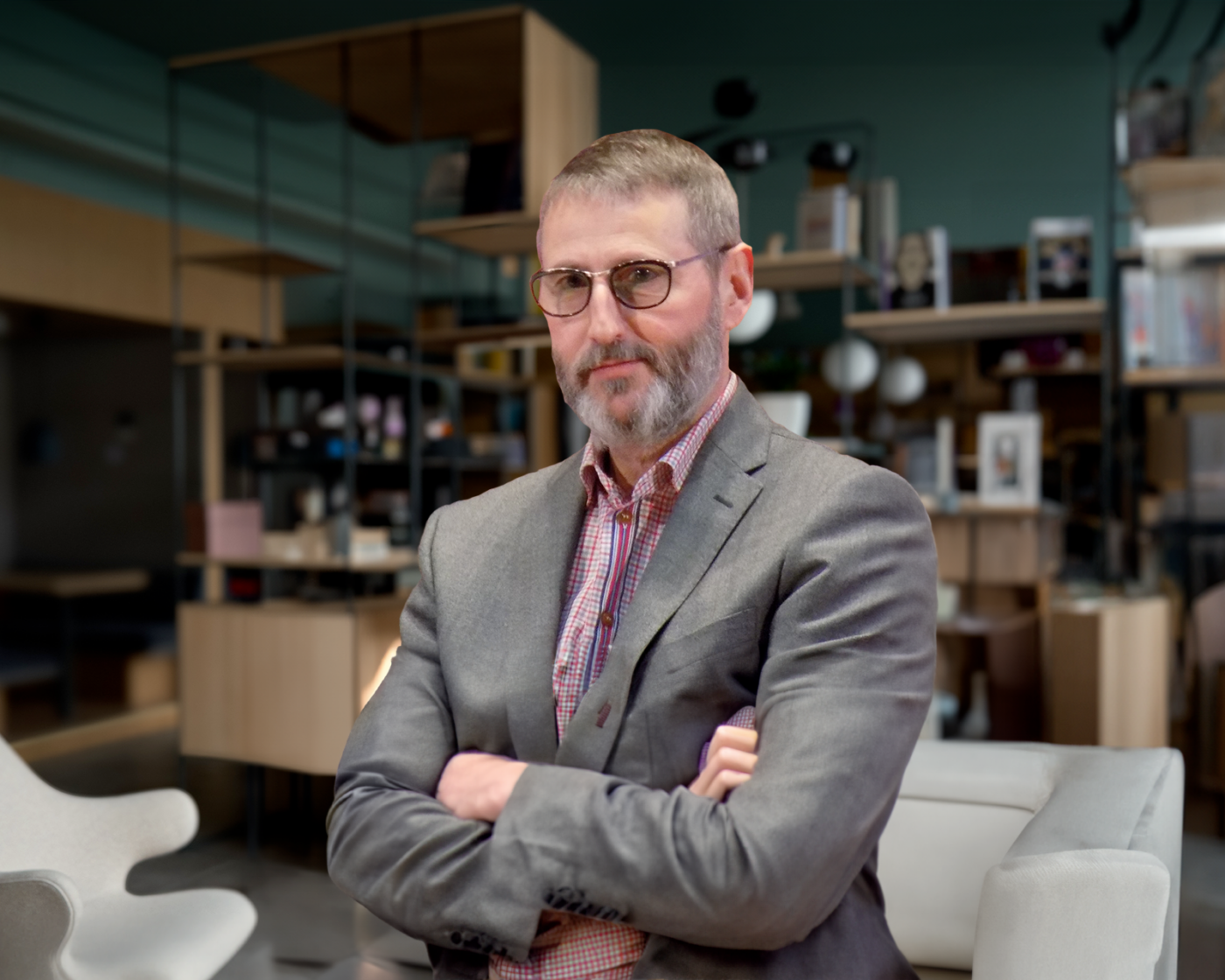The Champs‑Élysées, History & Perspectives exhibition presents the study conducted between 2018 and 2020 at the behest of the Comité Champs‑Élysées by PCA-STREAM in collaboration with some fifty researchers, historians, scientists, engineers, artists, and economic and cultural actors from France and abroad. It traces the development of “the most beautiful avenue in the world,” analyzes its current usages, and proposes a vision of its potential evolutions in response to the challenges this area of the city faces in the present day. The Champs-Élysées is becoming a collective space to experiment with the development of a sustainable, desirable and inclusive city by 2030 through focusing on four main strategic priorities: reducing the impact of urban mobilities, rethinking nature as an ecosystem, seeking new uses, and the use of data for measurement and regulation.
Nature-based solutions
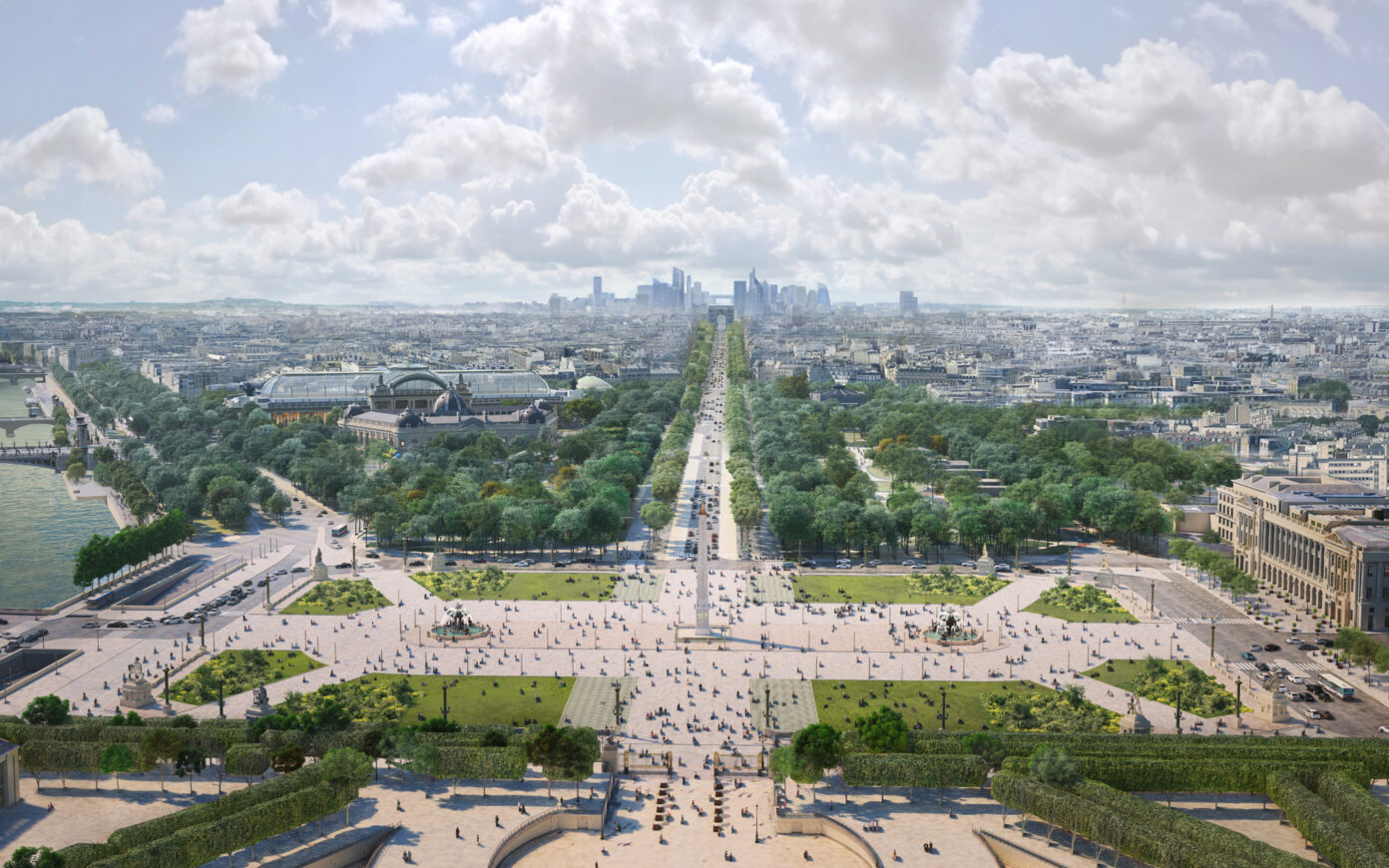
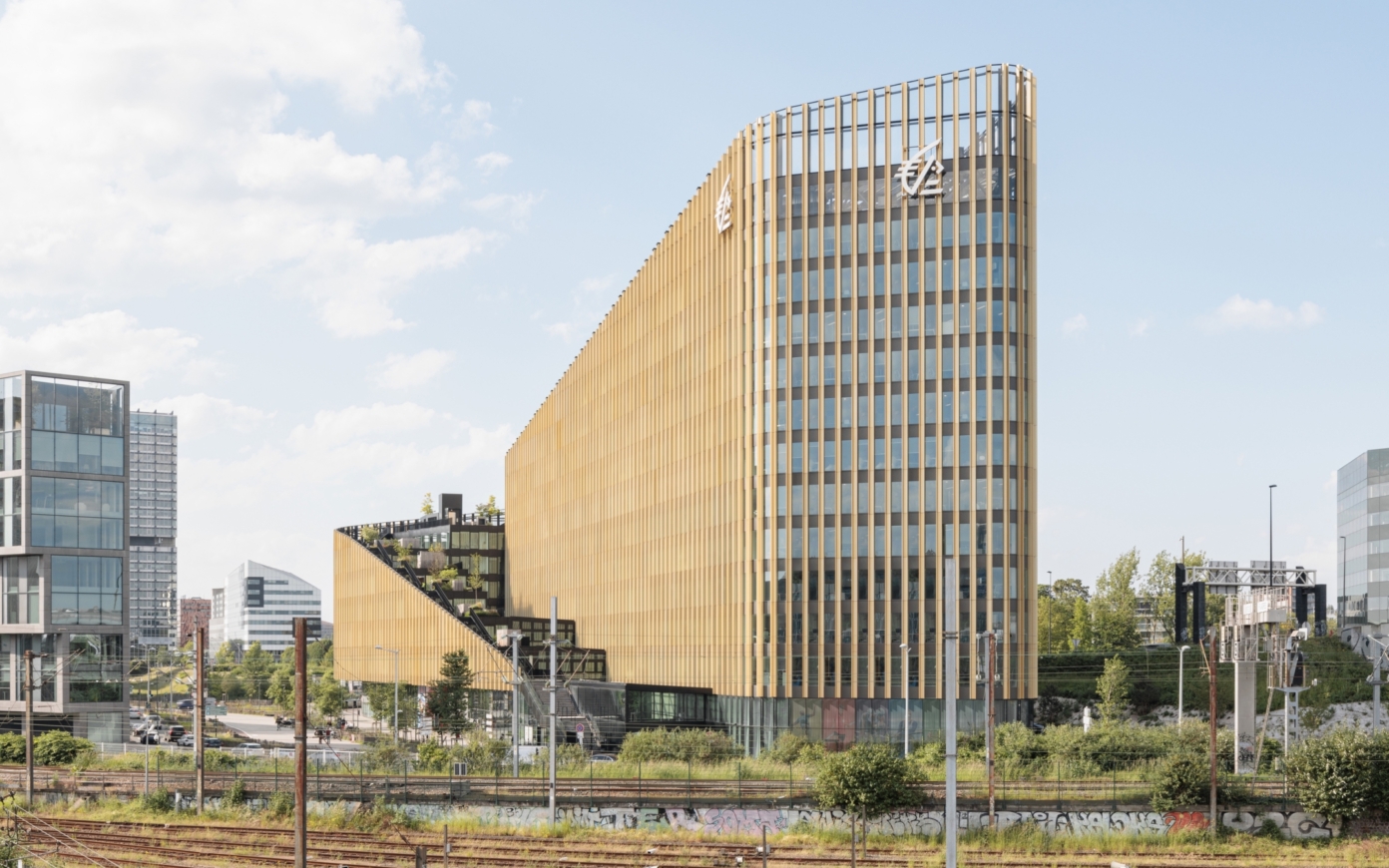
ShAKe offers the Euralille district an atypical and convivial silhouette, with a spiraling planted promenade topped by a belvedere. PCA-STREAM is rethinking the office building, opening it up to the city and its residents, to adapt to the changing face of an increasingly open-plan working world. The form of the building-promenade is an invitation to live and share.

Living matter
With Marie Sarah Adenis, artist, Aurélie Mossé, research professor at ENSAD, and Simon Trancart, Head of Adaptative Laboratory Evolution at Ginkgo BioWorks. Wood is often referred to as a living material because it reacts to ambient humidity and develops a patina. However, when a tree is cut down to exploit its wood, it dies and ceases to photosynthesise. What other forms of living matter can we cultivate and grow to build and create, and what ethics should we apply? What does the future hold for organic materials that can regenerate rapidly or perhaps never die and continue to evolve as living matter? From the colourimetric properties of microbes to the use of algae to develop alternative chemical reactions to form cements and ceramics that emit less carbon, what possibilities does living matter offer us for rethinking creation?
“ What will Paris be like under 50°C? How can we postpone this scenario and be better prepared for it? ”
“ What will Paris be like under 50°C? How can we postpone this scenario and be better prepared for it? ”
Paris at 50°C
Our dense, mineral-rich capital is ill-suited to the extreme heat we’ll increasingly have to cope with. So what adaptation strategies can we implement? This is what we asked to Alexandre Florentin, Paris councillor responsible for resilience and climate issues. He chaired the “Paris at 50 degrees” mission, which delivered its report a few months ago: what fields of action for architects and urban designers?
“ Capturing the conflict between the songs of nature and urban noise. ”
“ Capturing the conflict between the songs of nature and urban noise. ”
The melody of the living
Frédéric Jiguet is an ornithologist and professor at the Muséum d’Histoire Naturelle in Paris. In particular, he leads the STOC program: Suivi Temporel des Oiseaux Communs (Temporal Monitoring of Common Birds), which aims to understand the impacts of global change and the consequences of human activities on birds. We met him in situ, capturing the conflict between nature’s songs and urban noise.
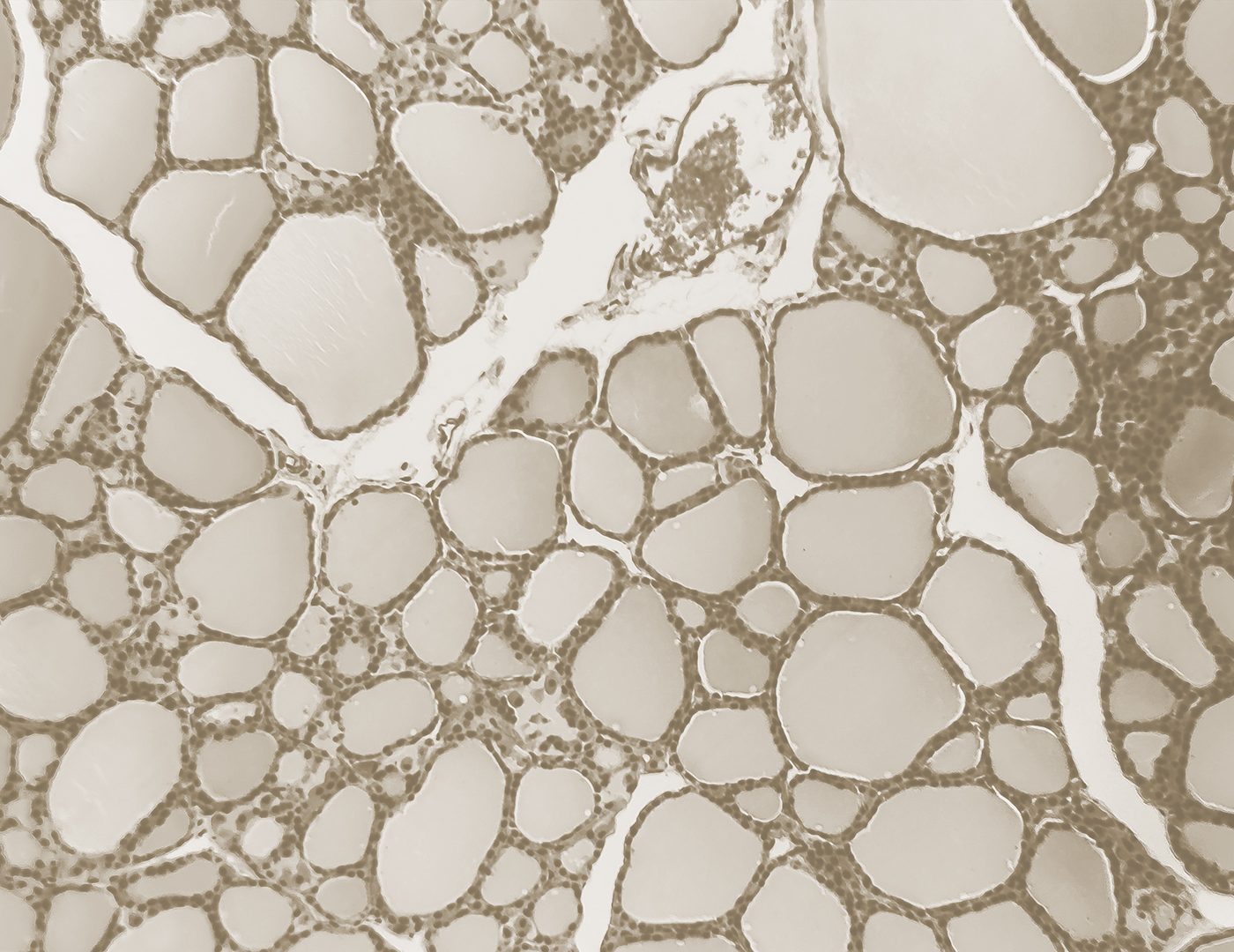
Piloting the "City-Metabolism" Chair
Périg Pitrou is an anthropologist, CNRS Research Director at the Maison Française d’Oxford and head of the “Anthropology of Life” team at the Collège de France. He is Scientific Director of the City-Metabolism Chair, which links the agency with PSL University (Paris Sciences et Lettres). The aim: to identify how interdisciplinary collaborations can help overcome the challenges of building future urban worlds.
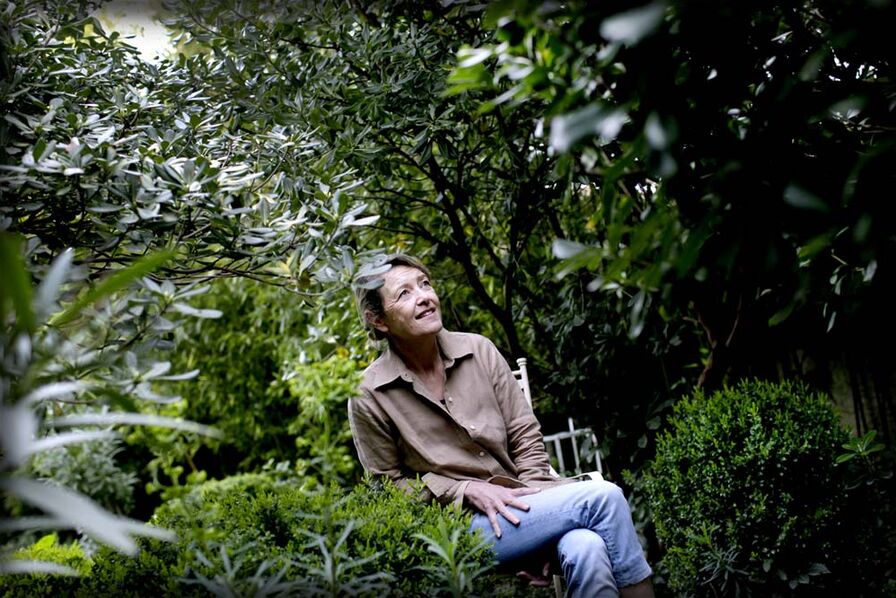
Root gardening
To understand the living, you need to understand the invisible. This is what Véronique Mure, a botanist specializing in Mediterranean landscapes, is convinced of. By focusing on the relationship that people have with plants, she raises awareness on the importance of soil and roots and invites us to take care of them, like gardeners.
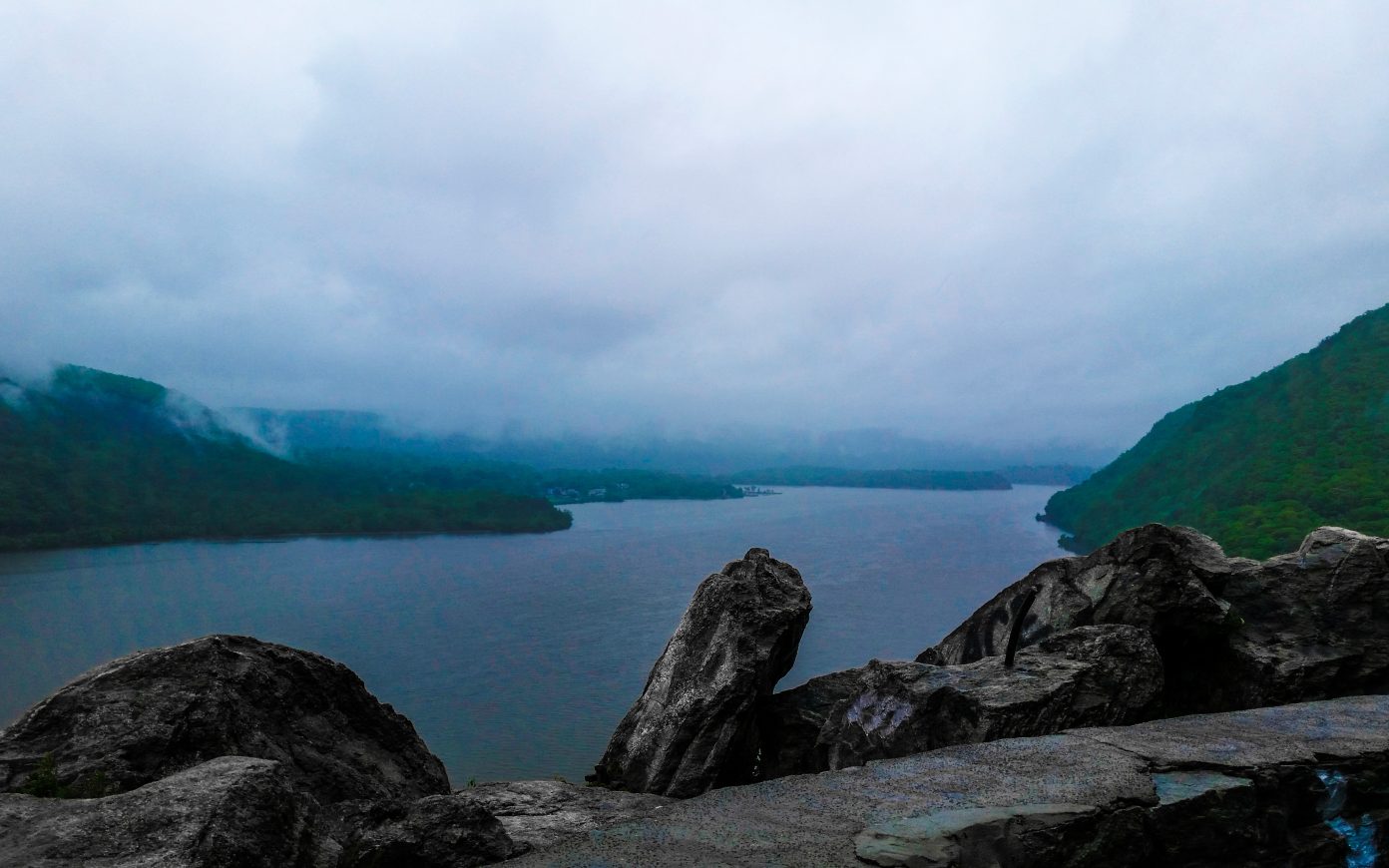

Are we in the midst of monetizing nature?
Virginie Maris is an environmental philosopher. In Nature à vendre – les limites des services écosystémiques (Nature for Sale – The Limits of Ecosystem Services), she questions the relevance of monetary valuation of services rendered by nature. You would never calculate how much your relationship brings you, so why do it with nature? Extract from the article Considering Separation Beyond Dualism, published in Stream 05: New Intelligences
“ A Canopy Plan to reduce urban heat islands. ”
“ A Canopy Plan to reduce urban heat islands. ”
Nature-based solutions
Frédéric Ségur is the head of the Landscape and Urban Forestry department at Lyon metropolis. There, he is in charge of the Plan Canopée, and ensures that policy actions related to water, plants, and climate are aligned. He alerts us to the fact that we must reclaim the lost knowledge of urban plantations and tree care. READ THE TRANSCRIPT
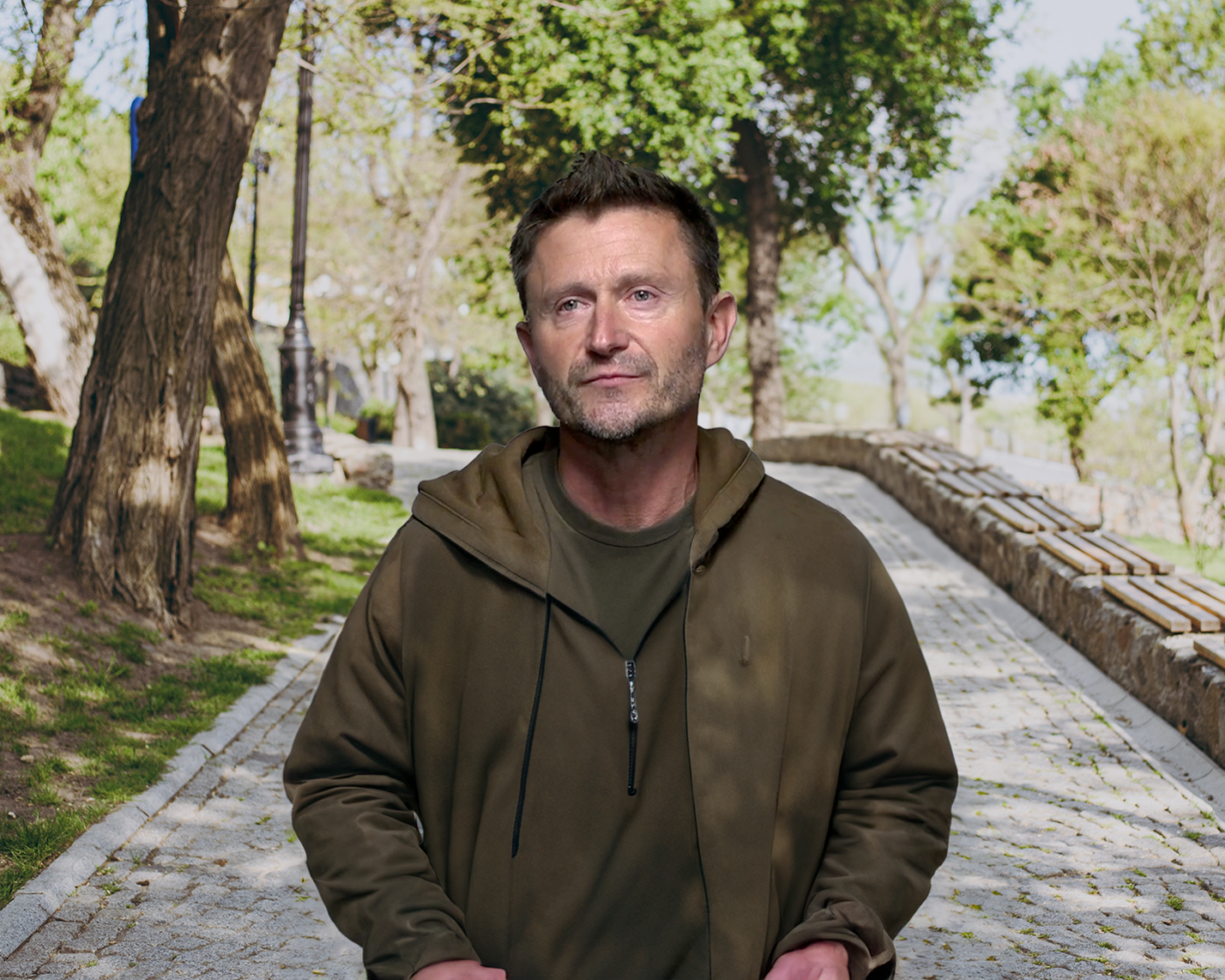
Rootless gardens
Pierre Kerrand is a nursery manager specializing in the cultivation of plants of the Tillandsia genus. These are specifically selected for better adaptation to our latitudes and to meet our needs. They produce colorful flowers and can withstand both drought and moisture, as well as variable temperatures. They require no maintenance and, most importantly, thrive without any need for soil and are very effective at remediating air pollution.
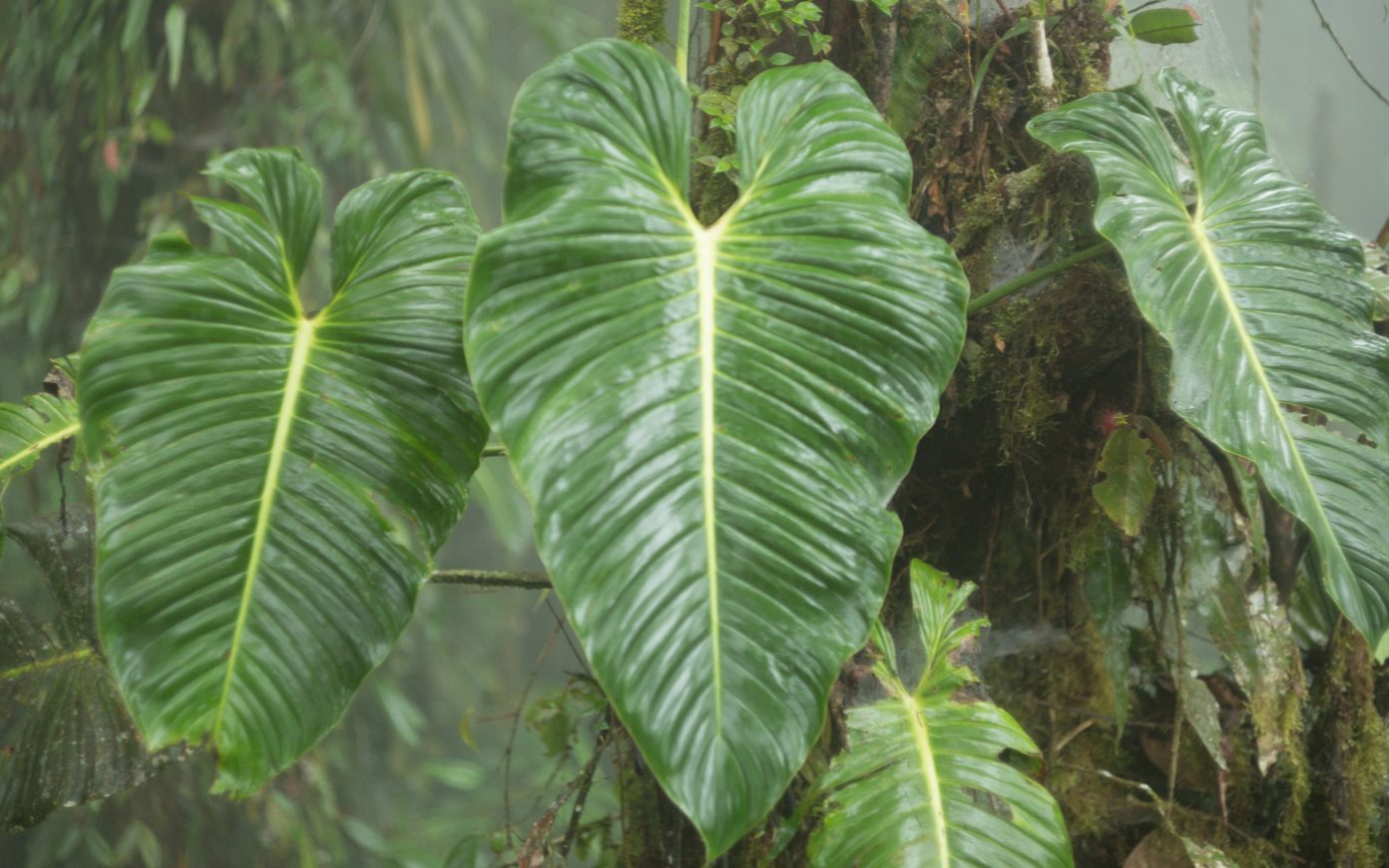

The language of forests
The anthropologist and author of How Forests Think (University of California Press, 2013) recounts his Amazonian experience among the Runa people in order to convey to our Western minds the idea of a language that can go beyond words and symbols. A language that connects the beings of the forest, both human and non-human. A language that we seem to have forgotten…
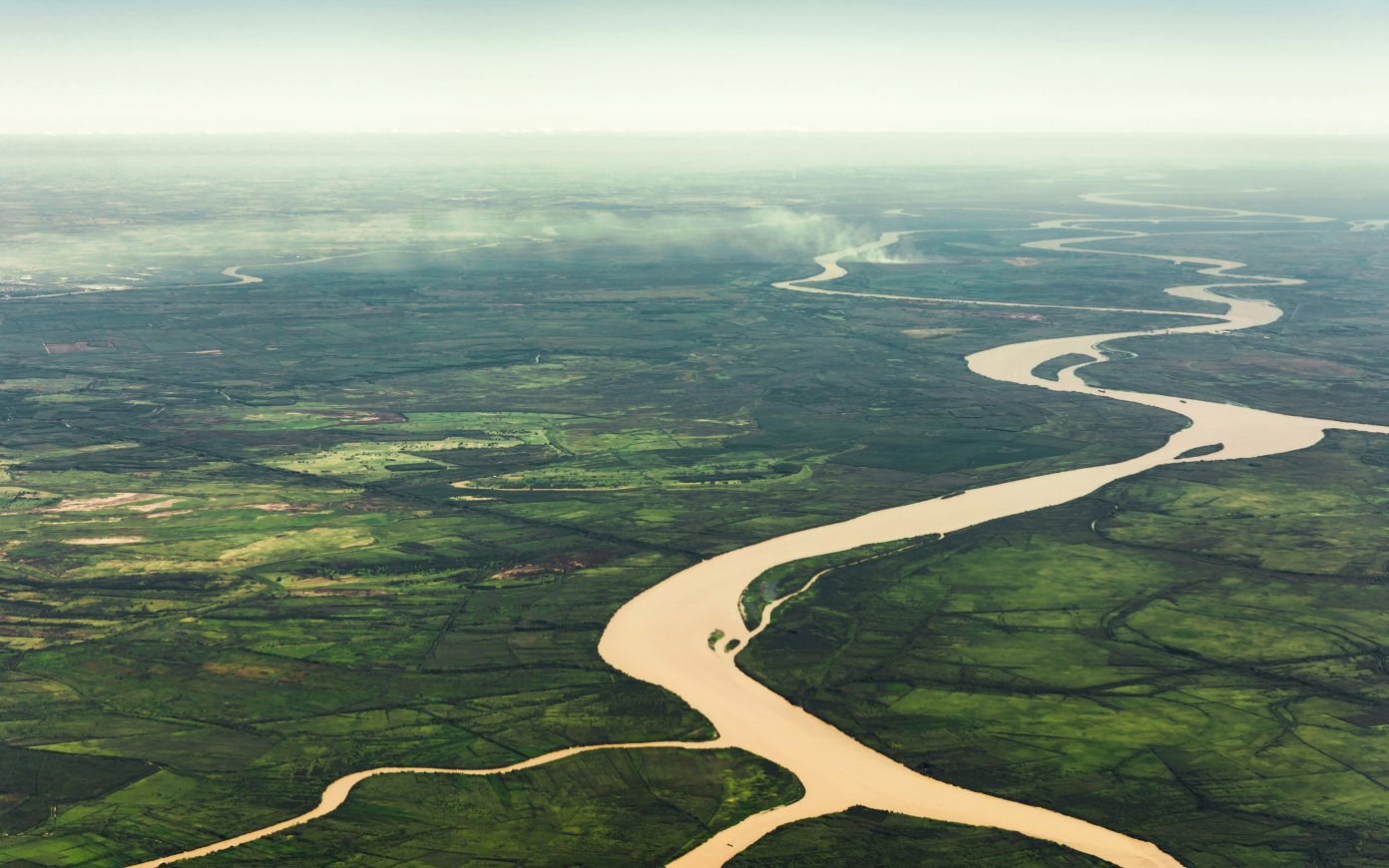

Developing and Disseminating a New Ecosystemic Law
The questioning of the binary vision of the world proceeding from modernity, which set nature and culture apart, examines in great depth our relationship with the living and the place granted to it. If we are to overcome our anthropocentrism, how can we then assign a new status to nature in order to better preserve it? For Marine Calmet, this involves moving beyond our attitude of domination of the living and productivist logics of growth and to instead think in terms of commons and the protection of the living. With the forward-looking curriculum Wild Legal, she explores and imagines the creation of new legal tools based on concrete case studies, in particular around the concept of ecocide, to protect the environment and imagine types of governance that could help achieve a more harmonious articulation of the local and global scales.


Transforming the City into a Museum for Contemporary Nature
As we are reconsidering our place as humans within nature, philosopher Emanuele Coccia investigates the natural phenomenon of metamorphosis and develops it into a philosophical concept that enables us to think about ourselves as part of a single breath of life that passes from one life form to another. Opposed to a penitential vision of environmentalism, he disagrees with the idea that the living should be viewed as fundamentally subsumed in the issue of ecological balances, life being a perpetual metamorphosis, poles apart from any notion of equilibrium. He champions the idea of a transformation of cities into “museums of contemporary nature” in order to overcome the conventional nature—culture divide and reinstate an urban interspecies approach focusing on cohabitation between all life forms and biodiversity.
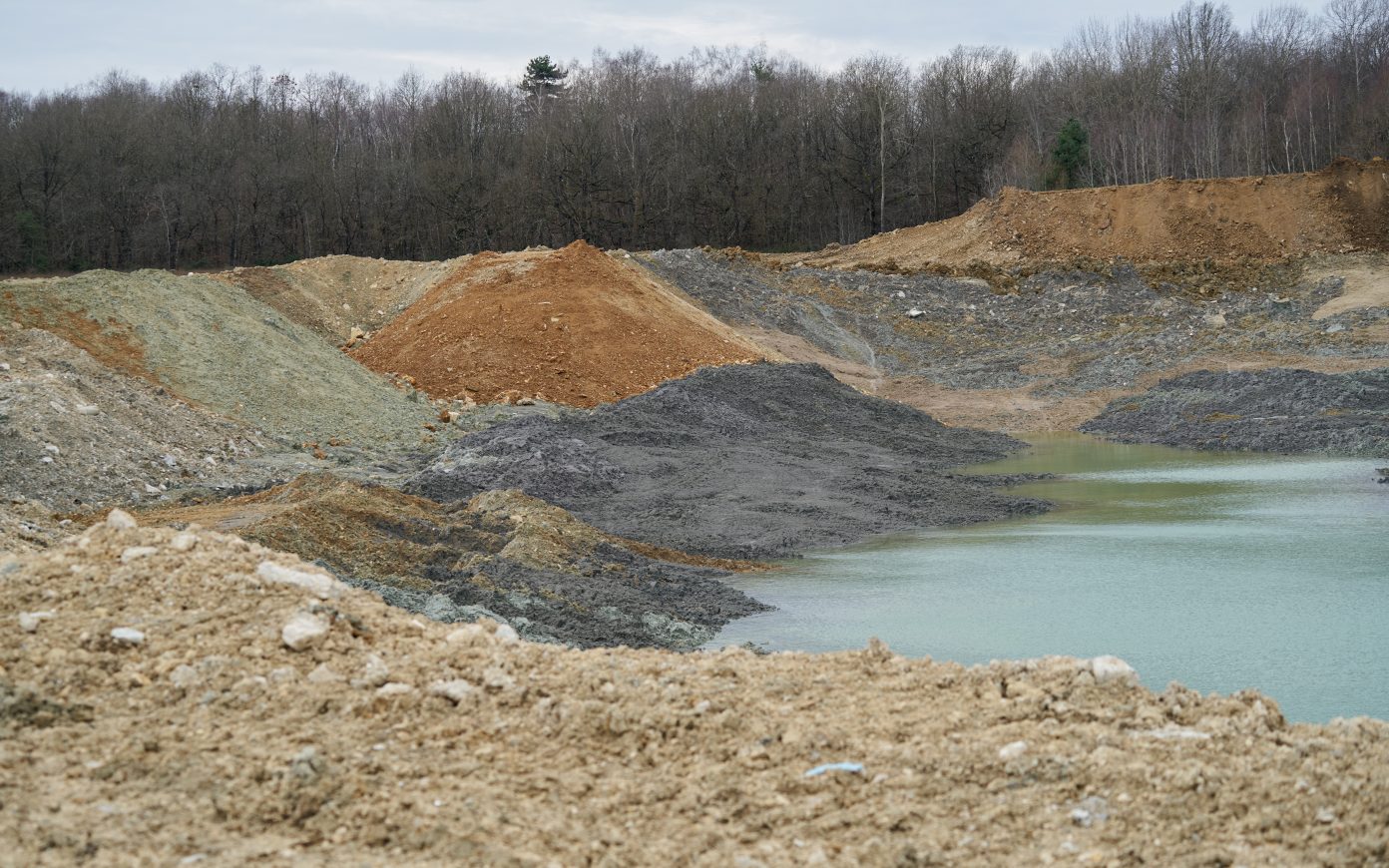

In Search of Nature-Based Solutions
Increasing the place of plants in cities plays a key role in mitigating the urban heat island effect, but trees must be addressed as a systemic issue, interfacing with the air, the ground, and water. For Frédéric Ségur, we must re-engage with the knowledge of urban forestry in order to regain our intelligence of trees and counter the mistaken assumptions on their life expectancy in urban settings. Beyond political declarations, the idea is to plant well rather than simply a lot, and to provide adequate conditions for them to develop—including space and living soil—and to take into account the ecotypes, but also to get the plant palette to change in relation to climate change.
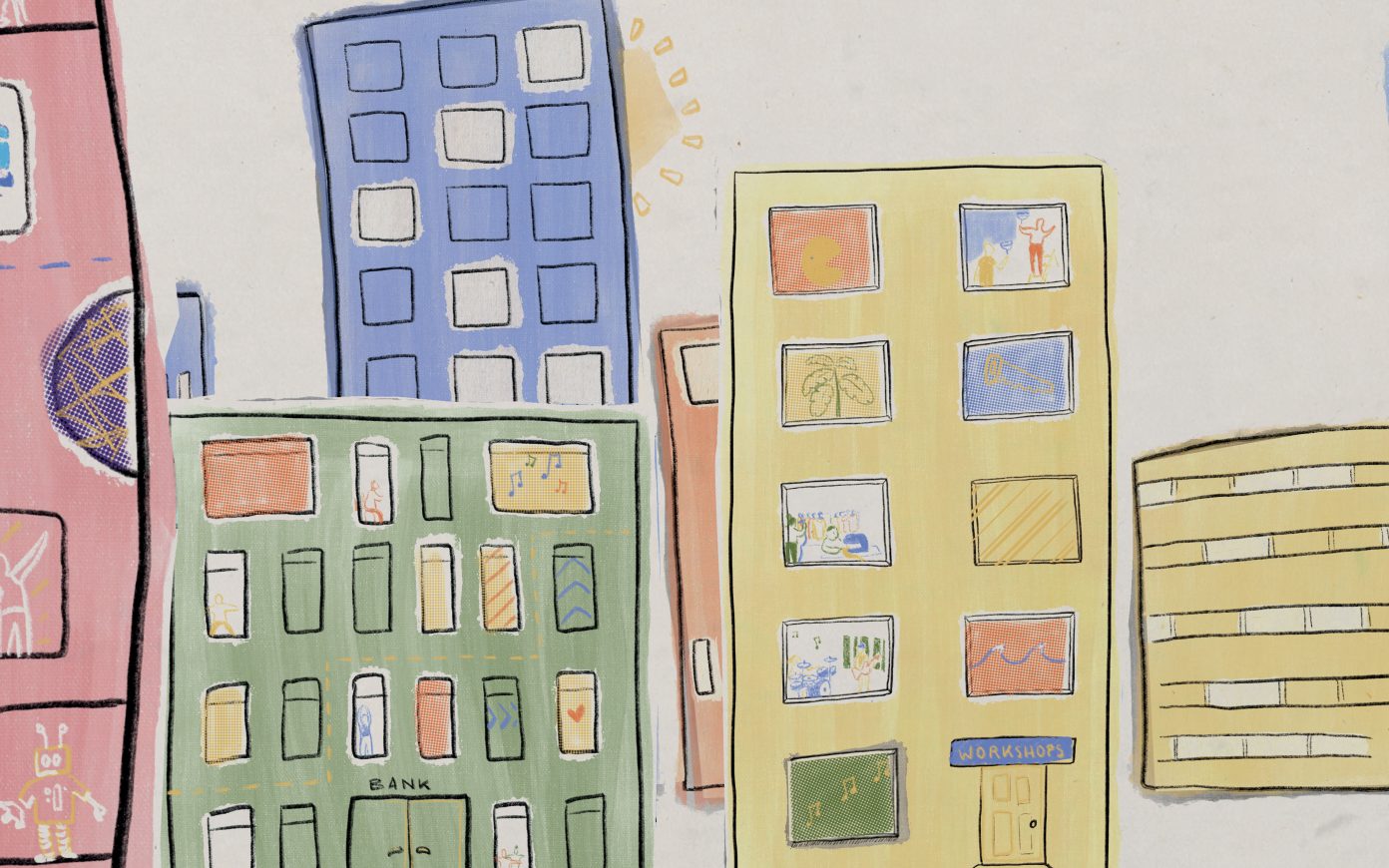

Global Imagination, Local Action
The instigator of “The Transition Towns” movement, Rob Hopkins considers that the transition must become a permanent way of life and thought in order to get us through the current crisis. In particular, he proposes declaring a “climate emergency” and to build, teach, and produce only from this new perspective. The purpose is to spur us into action and to reevaluate the whole globalized capitalist system of production and consumption. By leveraging networked local and citizen actions that propose new universally replicable models based on the commons and cooperation, he intends to spark a global movement, in a spirit of degrowth.
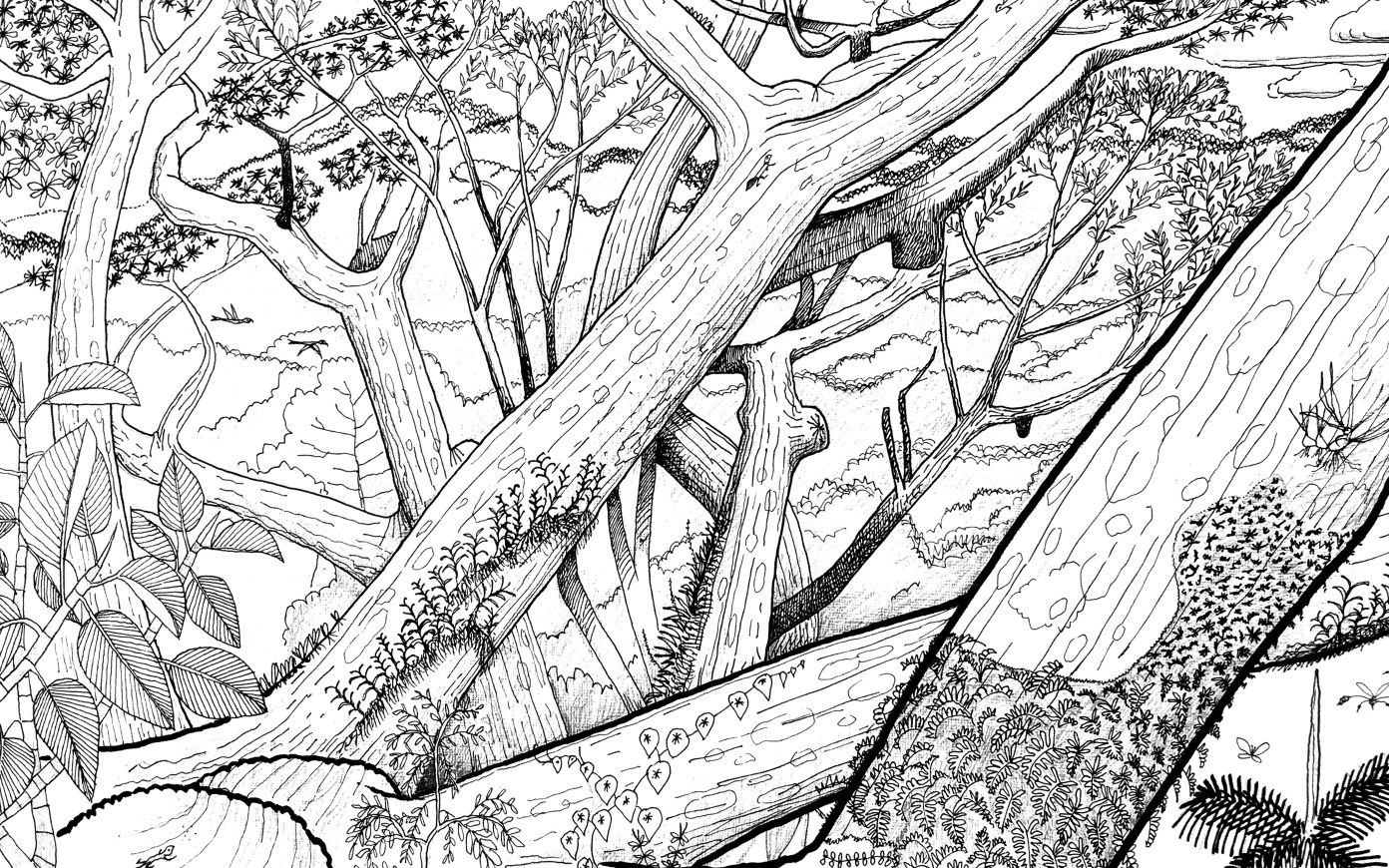

The Time of Trees
The rediscovery of the ecosystems services of nature in urban environments, in particular regarding pollution mitigation and fighting against heat islands, have put a new emphasis on the intelligence of trees, as botanist Francis Hallé describes “plant architecture.” He advocates making trees more prominent in cities, though as a prerequisite to any urbanization, which implies promoting an intimate knowledge of the way they operate and their temporality in order to improve their planting, maintenance, and respect.
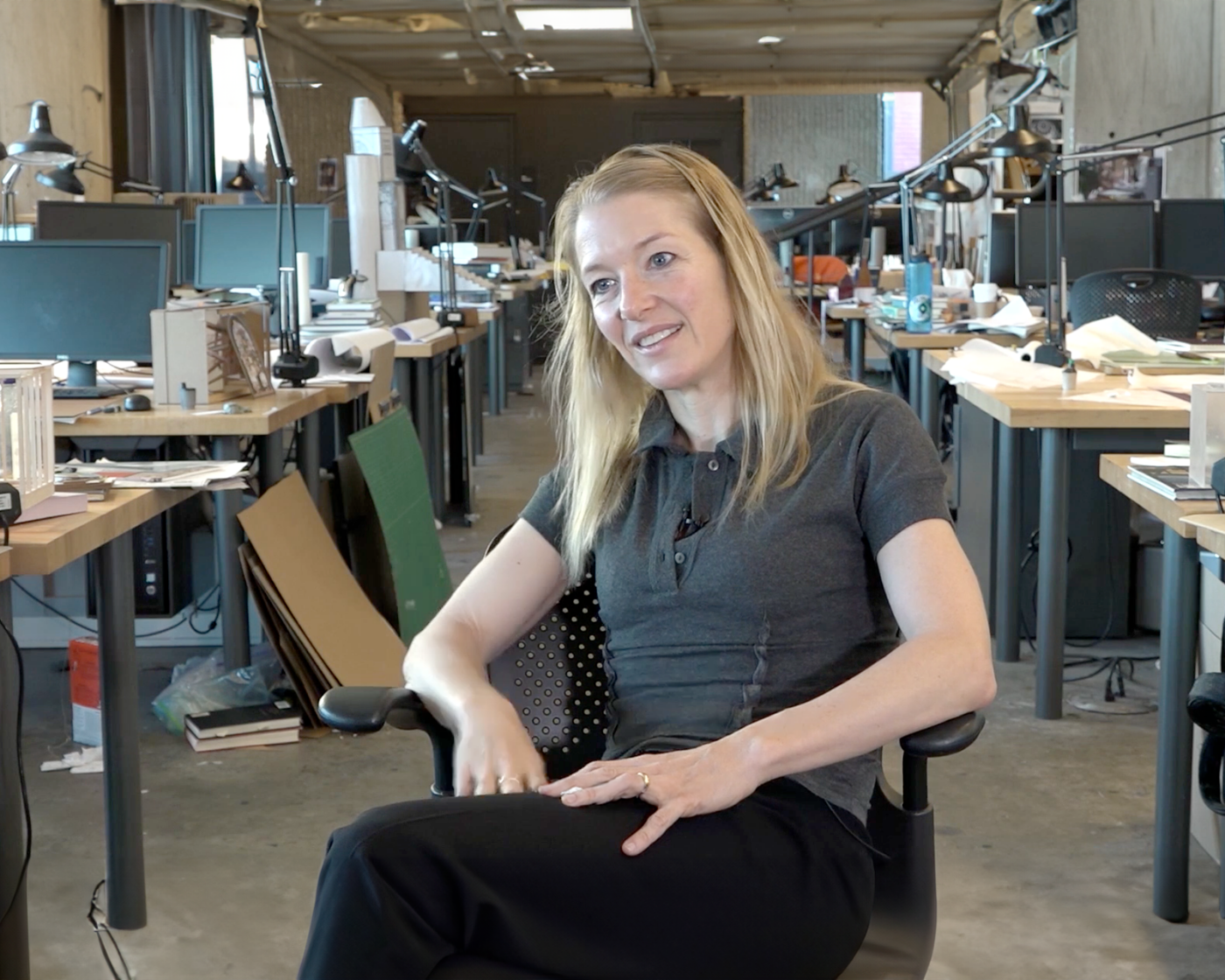
Posthuman architecture
Ariane Lourie Harrison, architect, and professor at Yale University tells us about posthuman architecture, a performative and interactive approach to the built environment that addresses multiple species. Scientific technologies have allowed us to increase our knowledge about species (including microbes and bacterias) and establish new ways of communicating with them. This new relationship between human and nature is essential in an architectural context where “greenwashing” often doesn’t actually respect biodiversity and the needs of animal and non-human entities.
Explorer Toutes les thématiques
 stream voices
stream voices
Eager to share more generously the results of its collaborations and research, PCA-STREAM publishes STREAM VOICES, its online magazine!
